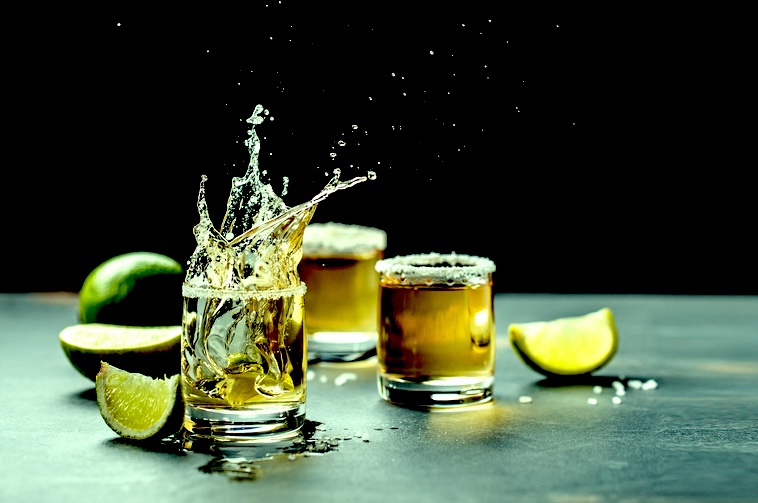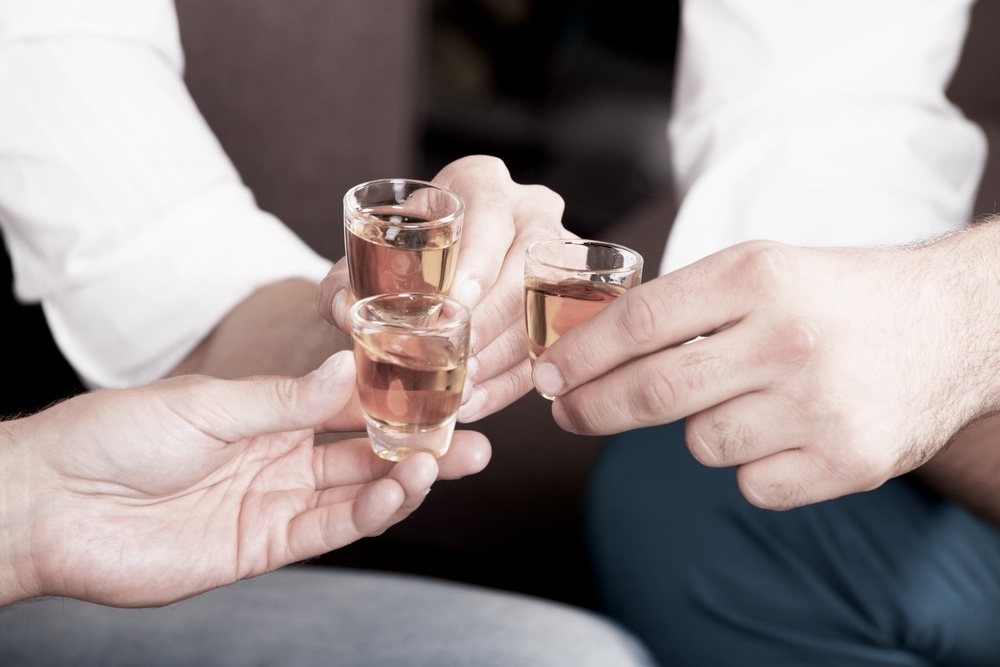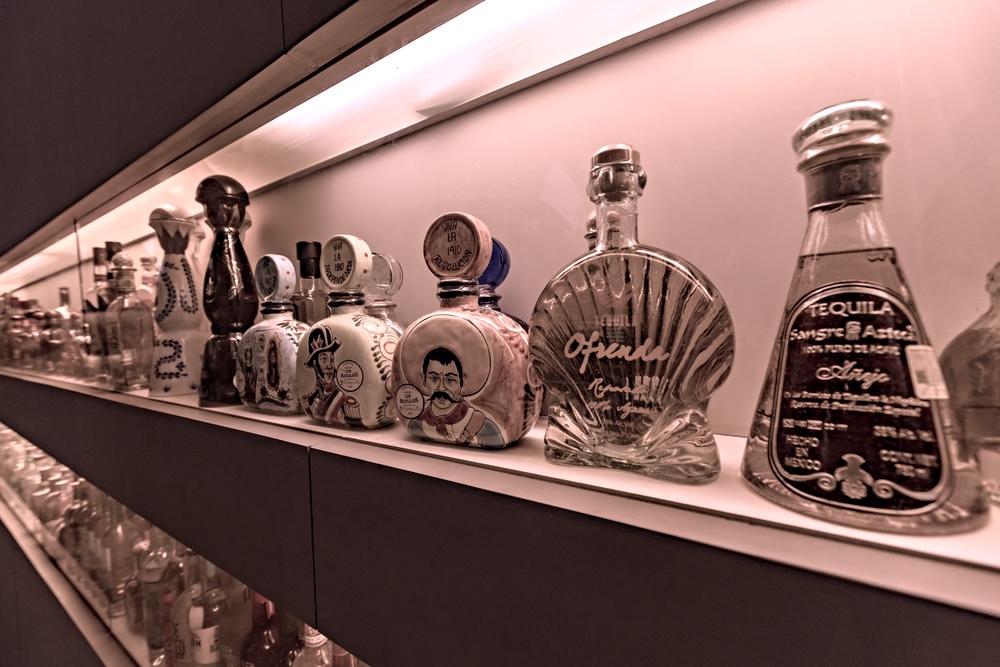Tequila Alcohol Content: Know the Dangers

You're in a casual bar, thinking about ordering a shot of tequila but hesitating because you want to drive home. What is the alcohol content in tequila? Can one more drink make you drunk? These are probably some questions you’re wondering about while sitting on that bar stool.
In this blog post, we're going to take a no-nonsense look at tequila's alcohol content. We're not trying to scare you off, but we just want to give you the straight-up facts about what you're drinking. This way, you can make more informed choices when drinking.
Contact Us Today for a Confidential Assessment.
Call (877) 959-5909 Now to Speak with a Specialist
What is tequila?
Tequila is a distilled beverage made from the blue agave plant. It's native to Mexico and is said to have been first produced in the 16th century. The beverage has gained immense popularity worldwide for its unique flavor profile and its ability to be incorporated into a variety of cocktails.
Compared to other distilled spirits, tequila is notorious for its strength and strong alcohol content. Many people usually get drunk with just a few shots which brings into question the alcohol content of tequila.
What is the alcohol content of tequila?
Tequila's alcohol by volume or ABV percentage can range from 35% to 55%, depending on the type and brand.
The average ABV served in a shot of tequila is around 40%, which means that for every 100 milliliters (ml) of tequila, there are 40 ml of pure alcohol. To put this into perspective, beer usually has an ABV of around 5%, wine around 12%, and hard liquor like vodka or whiskey ranges from 35% to 50%.
That means one small shot of tequila is equivalent to a bottle of beer or a glass of wine. That's because the alcohol content in tequila is concentrated. A lot of times, it can be easy to underestimate how much alcohol you're consuming in a short amount of time due to the smaller volume.
In the United States, the legal minimum for tequila sits at 40% ABV, a number that reflects the standard strength of most popular tequila brands you'd find in stores. However, this varies worldwide – in Mexico, it’s set to 35%; in Europe, it’s 38%; and in South Africa, 43%.
What does this mean? Well, for starters, it means that choosing a tequila during a night out can easily turn into a dangerous level of alcohol intake. Unlike a glass of wine or a bottle of beer that takes you longer to finish, a shot of tequila can be consumed much quicker due to the small volume. However, the high alcohol content remains the same, making it easy to surpass safe limits without even realizing it.
Dangers of abusing tequila
It's important to keep in mind that consuming too much alcohol, regardless of its type, can have dangerous consequences. Excessive intake of tequila or any other alcoholic beverage can lead to short-term effects such as impaired judgment and motor skills, blurred vision, slurred speech, and loss of coordination. Long-term effects include liver damage and increased risk of heart disease and stroke.
Alcohol poisoning is a serious risk, particularly with tequila's higher ABV potential. Symptoms might include confusion, vomiting, seizures, slow breathing, and even unconsciousness. In severe cases, it can lead to death. For those struggling with alcohol addiction, the intense, distilled nature of tequila can make it especially dangerous to relapse.
Tequila can also have severe, and potentially fatal, consequences when mixed with certain medications or other drugs. For instance, taking tequila with opioid painkillers or sedatives can amplify their effects, leading to respiratory depression or arrest.
Best treatment for alcohol addiction in Anaheim, CA
Tequila can be irresistible, but its strength shouldn't be underestimated. Whether you like it straight or in mixed drinks, it's important to know its alcohol content and effects, especially if you're watching your intake.
If you or someone you know is struggling with alcohol addiction, seeking help is the most responsible choice. At Anaheim Lighthouse, we have expert alcohol addiction specialists that can guide you on your journey to recovery.


